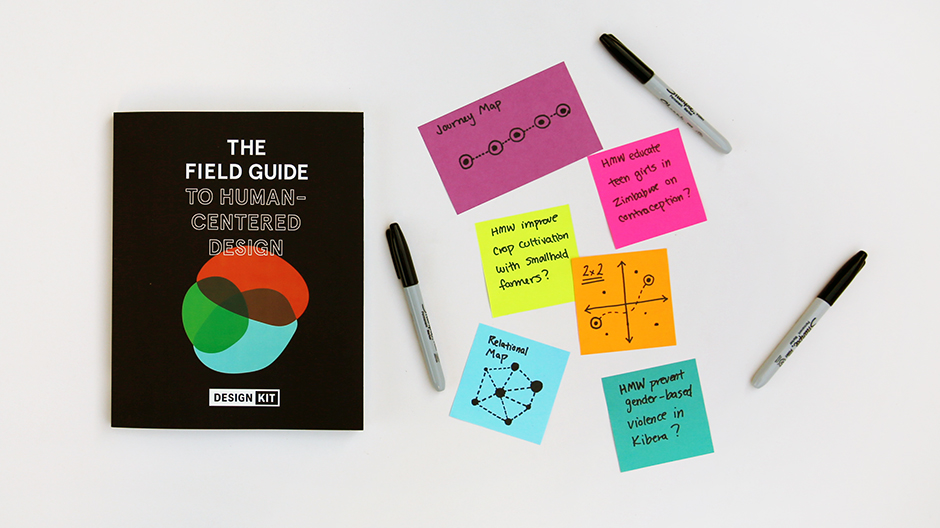Service-Learning 101
 (Heads up, this is a long post.) Prof. Banzaert recommended three books to me as an introduction to
(Heads up, this is a long post.) Prof. Banzaert recommended three books to me as an introduction to service-learning basics and humanitarian engineering methods:
- Paul Polak - Out of Poverty
- IDEO - Field Guide to Human-Centered Engineering
- Kevin M. Passino - Humanitarian Engineering
along with a final project report on Santiago Islands. All of these readings were much better than I expected and offer great advice if interested in doing development work (as an engineer).
Out of Poverty
Polack describes twelve steps he used "to arrive at solutions to extreme poverty." I am not entirely convinced with his argument that poverty can be "solved" -- but he makes great points at how to go about finding a solution for human-users.
- Go to where the action is
- Talk to the people who have the problem and listen to what they say
- Learn everything you can about the problem's specific context
- Think big and act big
- Think like a child
- See and do the obvious
- If somebody has already invented it, you don't need to do so again
- Make sure your approach has positive measurable impacts that can be brought to scale. Make sure it can reach at least a million people and make their lives measurably better
- Design to specific cost and price targets
- Follow practical three-year plans
- Continue to learn from your customers
- Stay positive: don't be distracted by what other people think
He uses a lot of examples from his own company IDE - and also criticizes other international development organizations for causing corruption, worse conditions among the poorest of the poor, and several other things I hadn't considered before. I was taken quite aback actually by his accounts of politics and corruption in large, money-making philanthropic companies. His chapters on small markets hit my economics soul, though, and his ideas behind small and big businesses were interesting. All in all, it is a great introduction (and somewhat case-study) of development work.
Field Guide to Human-Centered Engineering
(I'll go into more detail on design engineering methods in another post, so hold tight.)
Humanitarian Engineering
I really liked the book's guidance on talking to people: it instructs rather than "tells" you like Polack's book. It also gave me some things to do before I arrive in order to best prepare me to communicate with Cape Verdeans. From Passino...
"Small-Talk Conversation and Talking About Culture
Initially, probably the best choices of what to talk about:- Topics surrounding being there (e.g., your travel experience, what you are working on, the weather).
- The food and drink you are consuming, so long as it is positive (do not ask if the water is safe, if you do not think it is, order a bottled drink or bring your own bottle of water and do not discuss why). You should be adventurous with the food; do not refuse their national dish or drink, or act like it is a big deal that you are trying it by showing great hesitation; show enthusiasm.
- Current news and events from their country (yes, you should have been reading it).
- History of their country (yes, you should have read at least one history, and start with positive aspects, not wars and conflict).
- Literature (yes, if it exists, you should read a book that is most popular in their culture as it makes for great conversation).
Conversations About More Difficult Subjects
If you get to know someone better, note three things about the way I discuss other cultures above:- Taking to a single individual in private is very di↵erent from talking to a whole group of people.
- I keep it positive until I know someone very well; however it is not always kept positive because as they get to know you they will start saying what they dislike about their own country. How to react to that? I think it is best to ask them questions about what they mean. Also, it may be good to point out similar problems in your own culture (hence, the need to understand your own culture). Never say “oh, that would never happen in my country/culture” as that would convey a bad message that you feel superior.
- You can always talk about negative aspects of your own culture, however, do not overdo it; be fair. In my experience, doing this always results in a change in the conversation to them saying “oh, we have the same problem” and then a useful discussion.
- Know what you know, but more importantly know what you do not know. There is nothing wrong with saying “I am confused” or “I do not under- stand, please explain.” I have always found that people from other cultures are quite happy to explain.
- Do not be too baffled. Learn to recognize differences, accept them, and if appropriate celebrate them (yes, over their national food and drink)." [p. 41-45]
But the thing I liked most about this textbook was his "Reasons to be a Humanitarian Engineer" with which I identified so much: to "make a difference" was the underlying theme and is the focus on engineering at Wellesley.


Comments
Post a Comment